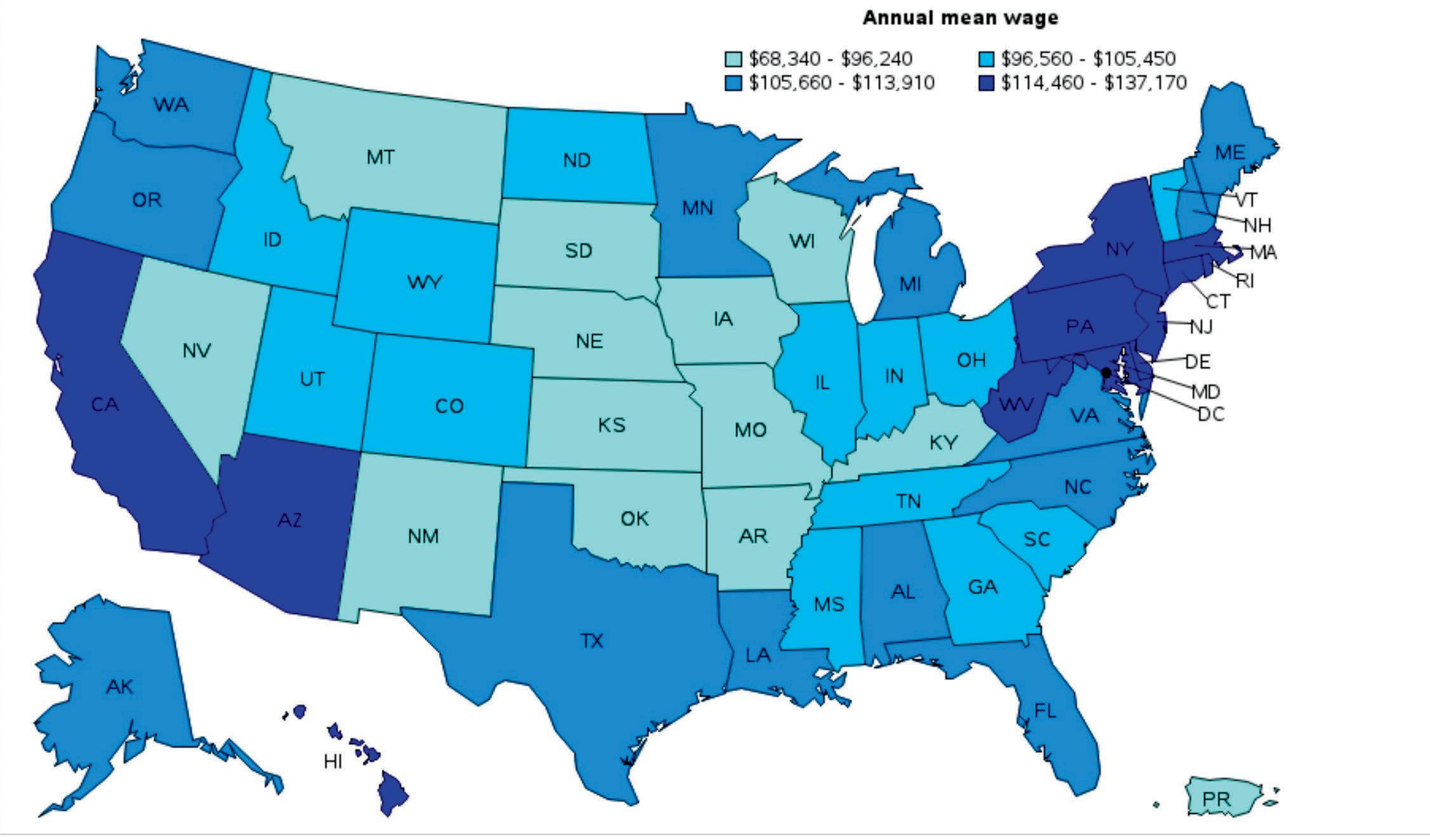
8 minute read
Human Capital - Career Trends - Veterinarians
Interviewed by Ana Paula Montanha, Editor-in-Chief, MVD Mauro Tupinamba, Veterinarian and Entrepreneur in Brazil.
Advertisement
MVD Mauro Tupinambá, what makes a great veterinarian?
A great veterinarian possesses a combination of technical knowledge, interpersonal skills, and a passion for animal health and welfare.
Here are some key qualities that make a great veterinarian:
Knowledge and Expertise: A great veterinarian has a strong educational foundation in animal health, anatomy, physiology, and medicine. They must stay up to date on the latest developments in the field and maintain continuing education throughout their careers.
Compassion: A great veterinarian should show compassion towards their animal patients and their owners. They should have empathy for their patients and be able to understand the human-animal bond.
Communication Skills: A great veterinarian must have excellent communication skills to work with pet owners and other veterinary staff. They must be able to explain complex medical concepts in easy-to-understand terms and communicate compassionately and effectively with animal owners.
Problem-Solving Skills: A great veterinarian must be able to think critically and quickly when presented with complex medical cases or emergencies. They must be able to diagnose medical problems and develop effective treatment plans.
Attention to Detail: A great veterinarian should have excellent attention to detail to ensure accurate diagnoses, dosing of medications, and follow-up care.
Patience: A great veterinarian should be patient with animals and their owners, particularly in difficult or emotional situations.
Physical Stamina: A great veterinarian must have physical stamina, as the job can be physically demanding and may require standing for long periods or lifting heavy animals.
MVD Mauro Tupinambá, you attend several veterinary conferences. As a celebrated surgeon and considered one of the top 5 best veterinarians in Brazil, how do you compare the veterinarians who graduated in Brazil and the US or Europe?
Brazilian veterinarians are very well trained and highly regarded in the veterinary field, compared to veterinarians who graduated in US and Europe.
In Brazil, the Federal Council of Veterinary Medicine regulates the veterinary profession, which ensures that all veterinarians meet strict educational and professional requirements.
To become a veterinarian in Brazil, one must complete a five-year undergraduate program in veterinary medicine at a recognized institution.
This program covers various topics, including animal anatomy and physiology, pharmacology, microbiology, pathology, surgery, and animal husbandry.
After completing the undergraduate program, graduates must pass the Brazilian National Veterinary Examination (Exame Nacional de Conhecimentos para a Medicina Veterinária), which tests their knowledge and competency in all areas of veterinary medicine.
In addition to the rigorous educational requirements, Brazilian veterinarians must participate in continuing education throughout their careers to maintain their professional licenses.
Overall, the veterinary profession in Brazil is well-regulated and highly trained, and Brazilian veterinarians are well-equipped to provide high-quality care to animals both in Brazil and globally.
Doctor, does the number of veterinarians who graduated yearly in Brazil poses a concern to you?
However, the availability of veterinary care in Brazil is not evenly distributed, with some areas having a shortage of veterinarians and limited access to veterinary services.
Veterinarians and clinics are still concentrated in the South and Southeast Regions of the country. And this imposes a concern for animal health and welfare, particularly in rural or remote areas.
Can you comment on the professional market for veterinarians' clinics?
It is difficult to determine the exact number of pets in the Brazilian market, as no central registry or database tracks the number of pets in the country.
However, according to estimates by the Brazilian Pet Institute (Instituto Pet Brazil), there are approximately 141 million pets in Brazil, including:
55.1 million dogs
24.7 million cats
39.8 million birds
18.4 million fish
3.7 million reptiles
36,000 horses
250,000 other animals
These numbers indicate that Brazil has a significant and growing pet industry, which includes pet food, veterinary services, pet supplies, and pet grooming.
Brazil is one of the largest agricultural producers in the world, and the country is home to a significant number of agribusiness animals, including:
Cattle: Brazil has one of the largest cattle populations in the world, with over 220 million head of cattle. The country is a major exporter of beef and leather, and cattle ranching is an important part of the Brazilian economy.
Poultry: Brazil is also one of the world's largest poultry producers, with over 6 billion birds produced annually. The country exports poultry products, including chicken meat, eggs, and processed poultry products.
Swine: Brazil has a significant swine industry, with over 40 million pigs produced annually. The country is a major exporter of pork and pork products.
Aquaculture: Brazil has a growing aquaculture industry, which includes the production of fish, shrimp, and other aquatic animals. The country is a major exporter of aquaculture products, particularly shrimp.
Dairy: Brazil is also a significant producer of dairy products, with over 25 billion liters of milk produced annually. The country is a major exporter of dairy products, including cheese and powdered milk.
The production of agribusiness animals in Brazil is an important part of the country's economy. However, it also poses challenges related to animal health, welfare, and environmental sustainability. As such, ongoing efforts are to promote responsible animal husbandry practices and improve the overall sustainability of the agribusiness industry in Brazil.
As of 2020, the number of cattle and buffaloes in India was 305 million head, which accounts for 33.38% of the world's cattle and buffaloes.
Doctor, do you believe that Brazilian veterinarians could complement the growing need for these professionals in other countries, i.e., the U.S. and Europe?
Absolutely! As I said, Brazil has a well-regarded and rigorous veterinary education system, and Brazilian veterinarians are trained to meet the highest international standards.
There is potential for Brazilian veterinarians to complement the growing need for veterinary professionals in other countries, such as the U.S. and Europe.
However, several factors need to be taken into consideration for veterinarians willing to work in these countries, and I would recommend initiating the process while in the last years of university, becoming advanced if not fluent in English, and meeting the professional licensing requirements, a.k.a. "the steps."
According to the AVMA - American Veterinary Medical Association - "to practice as a veterinarian in the United States, you must have either 1) graduated from an AVMA Council on Education (COE)-accredited school; or 2) completed an educational equivalency certification program such as that administered by the AVMA's Educational Commission for Foreign Veterinary Graduates (ECFVG)."

MAURO TUPINAMBÁ
DOCTOR OF VETERINARY MEDICINE & ENTREPRENEUR
Mauro Tupinamba is a highly experienced veterinarian with over 30 years of experience. He received his Doctor of Veterinary Medicine (DMV) degree from Universidade Federal Fluminense and founded Veterinaria Grajaú, in Rio de Janeiro, Brazil, in March 1995
With his vast knowledge and expertise in animal health and welfare, Mauro has provided top-quality veterinary care to his clients for many years. His clinic is well-respected in the community for its compassionate care, state-of-the-art facilities, and commitment to improving the lives of all animals. Mauro's dedication to his patients and his profession has earned him a reputation as one of the top 5 veterinarians in Brazil.
Annual mean wage of veterinarians, by state, May 2021
#5 in Best Health Care Jobs | #12 in 100 Best Jobs











